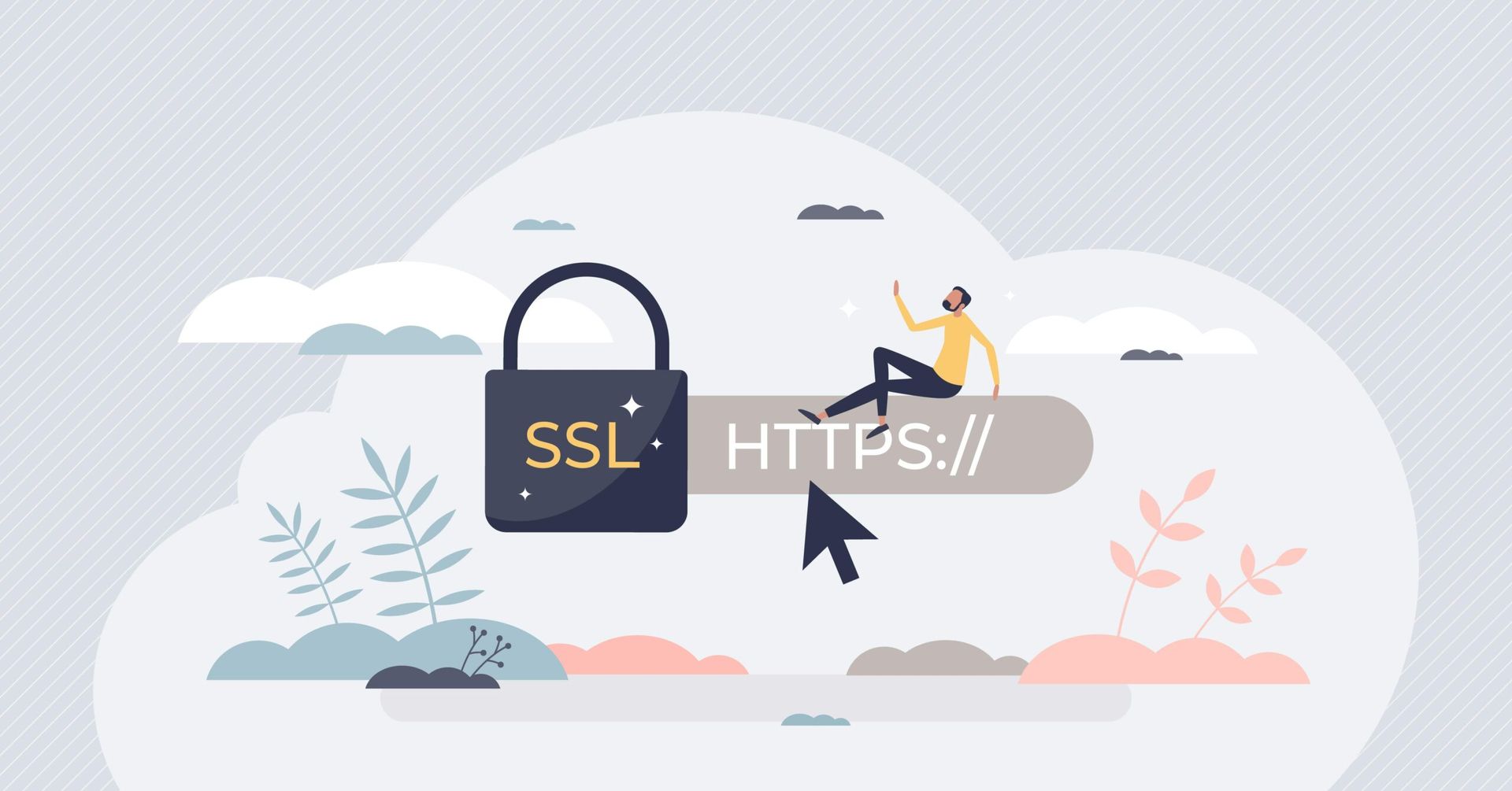Why SSL Certificates Are Crucial for Your Church’s Website
In today’s digital age, having an SSL certificate for your church’s website is not just an option; it’s a necessity. This security feature not only safeguards your church’s website but also establishes trust between your site and the global online community.
The Visual Confirmation
Take a moment to look at your web browser’s address bar. Notice how the address of this very blog post starts with “https://” and not just “http://.” That extra “s” signifies that this blog is protected by an SSL certificate. To the left of those letters, you should also see a small padlock icon – the second indicator that this website enjoys the security of an SSL certificate.
How SSL Certificates Bolster Your Church’s Website Security
Now, let’s break down how SSL certificates work without delving too deep into technical jargon.
When a user visits your church’s website, your web server is armed with an SSL certificate. An SSL session or handshake is initiated between your church’s web server and the user’s browser. During this process, the data exchanged between them becomes encrypted.
In simple terms, data is transformed into an unreadable code while in transit between your church’s web server and the user’s browser. Even if a malicious hacker attempts to intercept this encrypted data, it would be indecipherable and utterly useless to them.
As modern church websites often handle sensitive data like usernames, passwords, and even credit card information, it is imperative to handle this data securely.
Building Trust Through SSL Certificates
If your church website lacks an SSL certificate, visitors may perceive it as insecure, potentially dissuading them from engaging with your site. Moreover, Google Chrome, the world’s most popular browser, takes a further step by labeling websites without SSL certificates as “not secure,” prominently displayed in the address bar.
Exploring SSL Certificate Types for Churches
Several types of SSL certificates are available through reseller companies, catering to the specific needs of your church:
-
Single Domain SSL Certificates: These certificates cover a single domain name, including both the WWW and non-WWW variations.
-
Wildcard SSL Certificates: A wildcard certificate secures your primary domain and an unlimited number of sub-domains, all under a single certificate.
-
Multi-Domain SSL Certificates: This versatile SSL certificate enables you to secure multiple websites using a single certificate, offering cost-effective flexibility.
It’s essential to note that all SSL certificates have expiration dates. You can purchase certificates for varying durations, typically one or more years, often at discounted rates.
Exploring Cost-Efficient SSL Certificate Options
Fortunately, there are cost-efficient methods to obtain SSL certificates for your church website:
-
Hosting Providers: Some hosting companies offer free SSL certificates as part of their hosting packages. Consider providers like HostGator and Bluehost, known for providing this service to church websites.
-
LetsEncrypt: LetsEncrypt is a free, automated certificate authority that can help secure your website. Keep in mind that you’ll need to renew the certificate every three months, requiring some technical expertise.
-
Cloudflare: Leveraging a content delivery network like Cloudflare can not only enhance the speed of your church website but also provide a free SSL certificate. This means improved speed and security for your website.
Your Next Steps
Now that you’re aware of your SSL certificate options, here’s what you can do:
-
If you already have a hosting account, consider purchasing an SSL certificate from your hosting provider, as they can often set it up for you with minimal effort.
-
Opt for a hosting company that includes a free SSL certificate as part of their hosting package.
-
If you have someone with technical expertise, explore setting up a free SSL certificate through LetsEncrypt, remembering to renew it every three months.
-
Consider the services of Cloudflare to bolster your church website’s speed and security with a complimentary SSL certificate.
In Conclusion
In conclusion, it’s clear that every church website requires an SSL certificate. Without this crucial security measure, your site may not be taken seriously, and visitors may perceive it as insecure. If you have any questions or need further guidance on this topic, please feel free to reach out to me at john@assurestudios.com. Your church’s online presence deserves the protection and trust that an SSL certificate provides.


